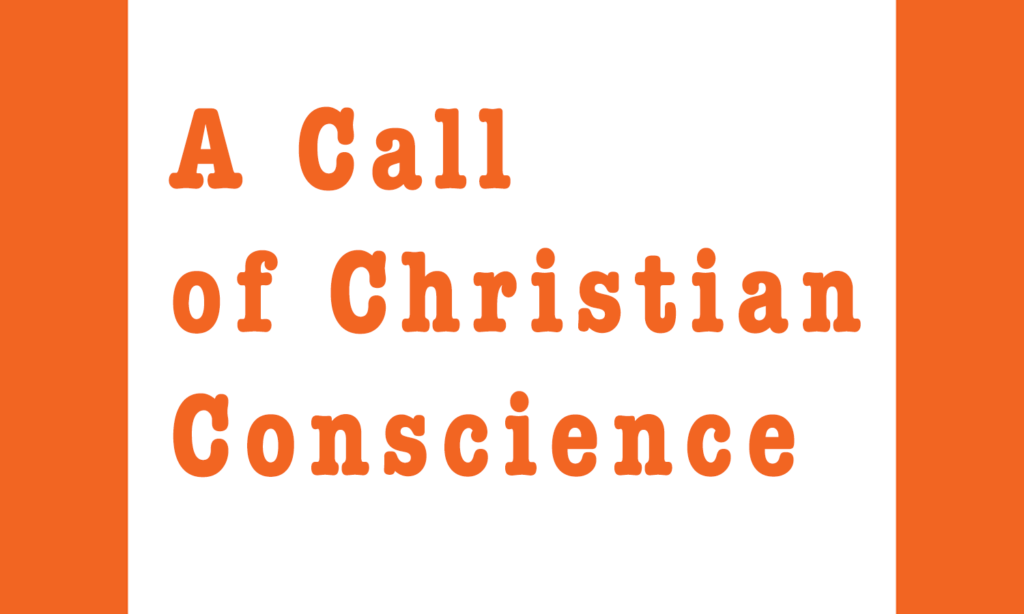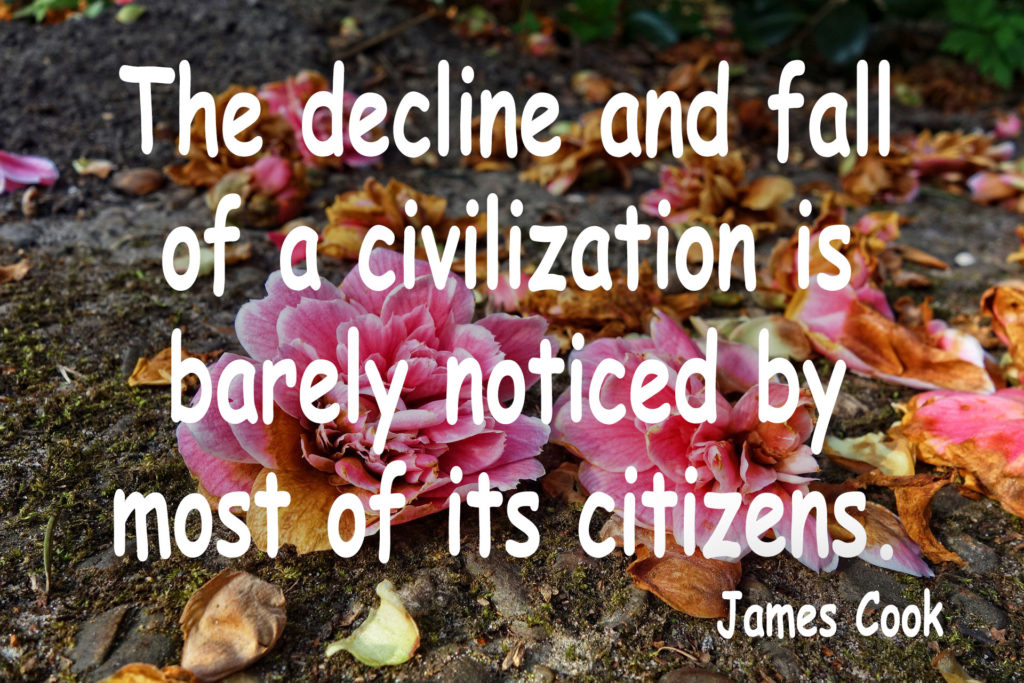It was May of 2012 when we began to use our blog to muse about why the Stewardship Foundation was founded, what we believe in, and it should matter to our investors and friends.
In 2009, some Christians gathered in New York City and drafted a declaration that became a “call of Christian Conscience” and we responded by mirroring their stated moral principles:
- Sanctity of human life
- Dignity of marriage as a union between husband and wife
- Freedom of conscience and religion
With this as a basis, we wrote our Credo of Beliefs:
We believe… in transformational giving.
We believe… that giving is a collaborative act between the donor, the charity, and their God.
We believe… that transformational giving is not about the bottom line, but about the heart.
We believe… that transformational giving creates partnerships that impact entire communities.
We believe… in the sanctity of human life, marriage and sexual morality, and religious freedom and the rights of conscience.
We believe… that it is our responsibility to care for the poor, the sick and the disadvantaged, and to use our talents for the betterment of mankind through education, opportunity and freedom.
In 2021, we stand firm to this Credo. No news story headline, political debate, popular media, or “woke conscience” can deter us from these beliefs because they are founded in Scripture.
To read the original text, use either the Internet’s “wayback machine” (sites such as the Manhattan Declaration may be removed at any time), or the original archive here.
If you feel strongly, as we do, and you haven’t signed the Declaration yet, you can still sign it here.
This journey of financial stewardship involves a process of understanding, acknowledging, accepting, and acting with awareness and intent. We are grateful to have the opportunity to partner with you on this journey.


 Recently I saw the new release of the movie The Great Gatsby, which is based on the novel written by my favorite literary author, F. Scott Fitzgerald. Many literary critics believe that Fitzgerald best captured the spirit of the roaring twenties and defining the hopes associated with the American Dream.
Recently I saw the new release of the movie The Great Gatsby, which is based on the novel written by my favorite literary author, F. Scott Fitzgerald. Many literary critics believe that Fitzgerald best captured the spirit of the roaring twenties and defining the hopes associated with the American Dream.